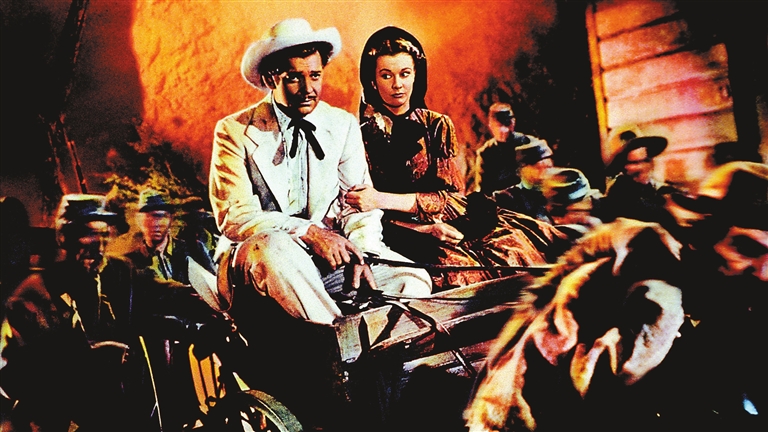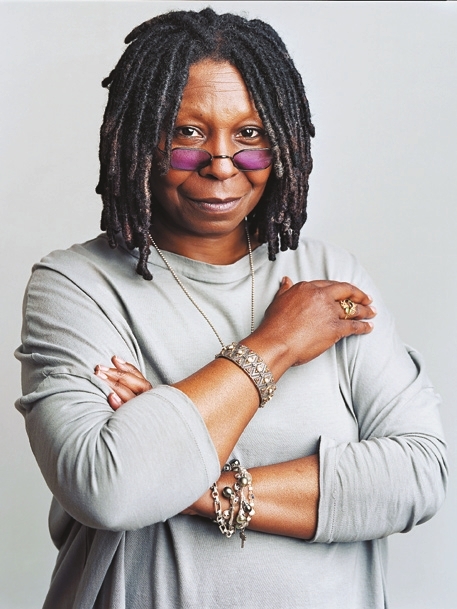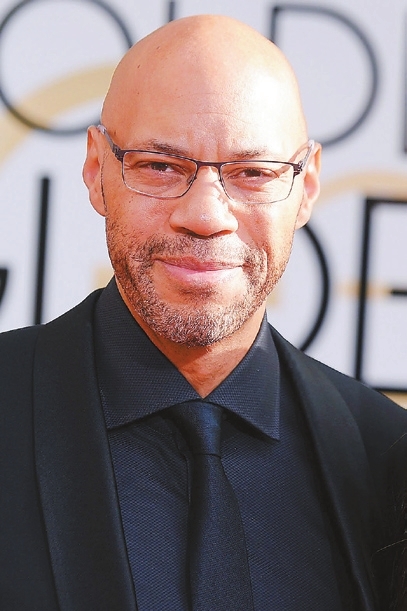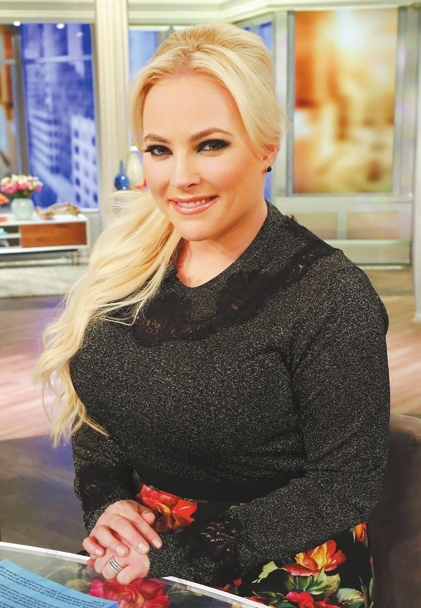



HBO Max has stirred up controversy by announcing June 10 that it was temporarily withdrawing the American film classic “Gone with the Wind” from its online film archive in response to the growing protests over racial inequality in the United States. In a statement released in The Hollywood Reporter, HBO Max said, “Gone With The Wind” (“GWTW”) is a product of its time and depicts some of the ethnic and racial prejudices that have, unfortunately, been commonplace in American society. These racist depictions were wrong then and are wrong today.” They felt to keep the film up without an explanation and without repudiating the racist depictions in it would be irresponsible. Removing the film has sparked its own controversy because to many Americans and film buffs around the world “GWTW” is considered one of the finest film classics in Hollywood’s 100-year plus lexicon. In 1939 when it was first released, it won 10 Academy Awards — including the first Oscar ever given to an African American. But, to others, especially many African Americans, the film is little more than a glossy, seductive ode to racially insensitivity that extols the glories of an antebellum South built on the backs of black slave labor and institutional racism that continues to promote the antiquated notion of white supremacy. HBO’s actions were influenced by the recent Los Angeles Times op-ed piece by John Ridley, the Academy award-winning screenwriter of the Academy Award-winning best picture “12 Years a Slave” — a film often held up to redress the rosy picture of slavery that “GWTW” portrays. In his op-ed article, Ridley called on HBO Max to consider removing “Gone with the Wind” from its platform because “it perpetuates some of the most painful stereotypes of people of color.” Ridley went on to say that “GWTW” “romanticizes the Confederacy in a way that continues to give legitimacy to the notion that the secessionist movement was something more, or better, or more noble than what it was — a bloody insurrection to maintain the ‘right’ to own, sell and buy human beings.” HBO’s response, prompted by the murder of yet another unarmed and subdued black man while in police custody, is part of a deeper moment of national introspection on the more deeply rooted biases that fuel individual, corporate and governmental complicity in perpetuating portrayals that depict blacks, Hispanics, and other minorities in a prejudicial and demeaning light. Some have strongly protested HBO’s actions and proclaimed their support for the film by propelling its DVD edition to #1 on the Amazon’s online sales charts. Megan McCain, TV host, expressed shock and dismay at HBO’s decision, tweeting, “Are we going to pull all of the movies in which women are treated as sex objects too? Guess how many films we’ll have left? Where does this end??” She advised via tweet, “You can loathe bad cops, racism, sexism, bias against the LGBTQ community, and not censor historical movies, books, music and art that don’t portray those groups perfectly. Ppl understand art reflects life ... as we evolve, so do our cultural touchstones.” Whoopie Goldberg, an outspoken comic and the moderator of “The View,” a popular female-driven U.S. TV discussion show, was the second African American to win an Oscar — 71 years after Hattie McDaniels won for her performance in “GWTW.” Goldberg has her own opinion on the controversy. She feels that it’s acceptable to show controversial movies as long as they’re accompanied by explanations that educate viewers about their historical context so as not to appear to condone their racist messaging. Film critic and essayist, Angelica Jade Bastien, agrees, writing about the film in a Vulture article, “Nestled in its visual splendor is a slippery sort of racism ... The mythology ‘Gone with the Wind’ extols about cheery, simple-minded slaves who are unerringly faithful to their abusers and the beauty of a lost South isn’t trapped in the amber of another time. It exists today in the loathsome, venomous beating heart at the core of American life.” She added, “If ‘Gone with the Wind’ were consigned to the past, it would make it easier for many to forget how indicative it is of our present.” Many believe there are important lessons to be learned from the flawed history and that it is impossible to appreciate and maintain the advances and prevent past problems from being repeated without understanding how much worse they used to be. WarnerMedia/HBO shares this view and intends to use the film to create a powerful object lesson. Stating that the racist depictions in “GWTW” are counter to WarnerMedia’s own values, the studio said the film would return after they had added a scholarly discussion of the historical milieu in which it was made that would put the film in context and show its racist depictions have no place in today’s world. To do that, the studio stressed the importance of airing the film in its original form, “Because to do otherwise would be the same as claiming these prejudices never existed. If we are to create a more just, equitable and inclusive future, we must first acknowledge and understand our history.” (Xinhua) | 
